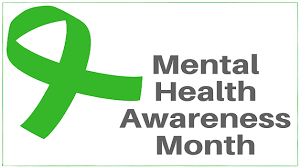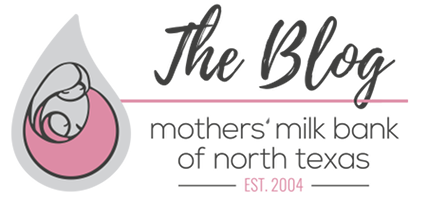Mental Health Spotlight: Postpartum Depression
Wednesday, 5/15/2019
Just like physical health, taking care of your mental health is important for your well-being. That’s why May is known as Mental Health Awareness Month. In 1949, Mental Health America began recognizing this month as a time to shine light on this vital piece of the wellness puzzle.
Within the broad category of mental health are several subcategories, including maternal mental health. According to the World Health Organization, about 10 percent of pregnant women and 13 percent of women who have just given birth experience a mental disorder, primarily postpartum depression.
Postpartum depression is more than just the “baby blues”. It’s longer-lasting and more severe than the common mood swings and anxiety that come in the first couple of weeks after giving birth. Its symptoms include depressed mood or severe mood swings, difficulty bonding with your baby, overwhelming fatigue or loss of energy, fear that you’re not a good mother and severe anxiety.
Fortunately, help is available for those experiencing postpartum depression. Psychotherapy, also known as talk therapy or mental health counseling, can be beneficial for many moms. Meeting with a psychiatrist, psychologist or other mental health professional can help you develop coping skills, set realistic goals and solve problems. Doctors can also prescribe antidepressants to aid in treatment.
It is important to remember that postpartum depression, just like any other mental health condition, is not a weakness or a flaw. It may simply be a complication of childbirth; it’s a condition to treat, just like any physical injury or illness one may have.
Anyone dealing with postpartum depression should know: you are not alone. There is a whole network of people who have also battled postpartum depression, as well as healthcare professionals, family and friends who can support you.
A Few Helpful Resources:
Postpartum Support International
Help with Postpartum Depression, curated by the American Psychiatric Association
National Helpline, Substance Abuse and Mental Health Services Administration


